The Mystique of Thailand's Festival of the White Elephant
Thailand's Festival of the White Elephant is a captivating event that captivates both locals and visitors alike, offering a glimpse into the country's rich cultural tapestry and spiritual beliefs. This unique celebration, steeped in history and tradition, shines a spotlight on the revered white elephant, symbolizing prosperity, good fortune, and royal power in Thai culture.
The origins of the Festival can be traced back to ancient royal ceremonies and religious practices, where the white elephant played a central role in symbolizing the monarch's divine right to rule. Over the centuries, the significance of the white elephant has evolved, becoming a cherished emblem of Thailand's heritage and identity.
Symbolism and meaning are deeply ingrained in every aspect of the Festival, from the elaborate ceremonies to the intricate rituals that unfold during the event. The white elephant's presence is a powerful symbol of reverence, embodying the country's cultural values and traditions.
As the Festival unfolds, visitors are treated to a visual feast of dance performances, sacred offerings, and vibrant displays that showcase the beauty and grace of Thai artistry. The event is a testament to the country's artistic prowess and spiritual devotion.
The white elephant holds a special place in Thai culture, symbolizing not only royal power but also grace, wisdom, and purity. Its portrayal in art, literature, and folklore reflects the deep-rooted reverence that the Thai people hold for this majestic creature.
In modern-day Thailand, the Festival of the White Elephant continues to thrive, blending ancient customs with contemporary celebrations that attract tourists from around the globe. This harmonious fusion of tradition and modernity has cemented the Festival's place as a must-see cultural event.
Not only does the Festival of the White Elephant serve as a cultural spectacle, but it also plays a vital role in promoting tourism and boosting the local economy. The influx of visitors during the event contributes to the growth of businesses and the preservation of Thailand's cultural heritage.
However, the Festival also faces challenges and controversies as Thailand grapples with modernization and changing societal norms. Preserving the authenticity and sanctity of the event while adapting to the demands of the modern world is a delicate balance that requires careful consideration.
Looking ahead, efforts to preserve Thailand's Festival of the White Elephant are crucial to ensuring that future generations can continue to experience the magic and mystique of this cherished tradition. By safeguarding this cultural heritage, Thailand can maintain its unique identity and share its rich history with the world.
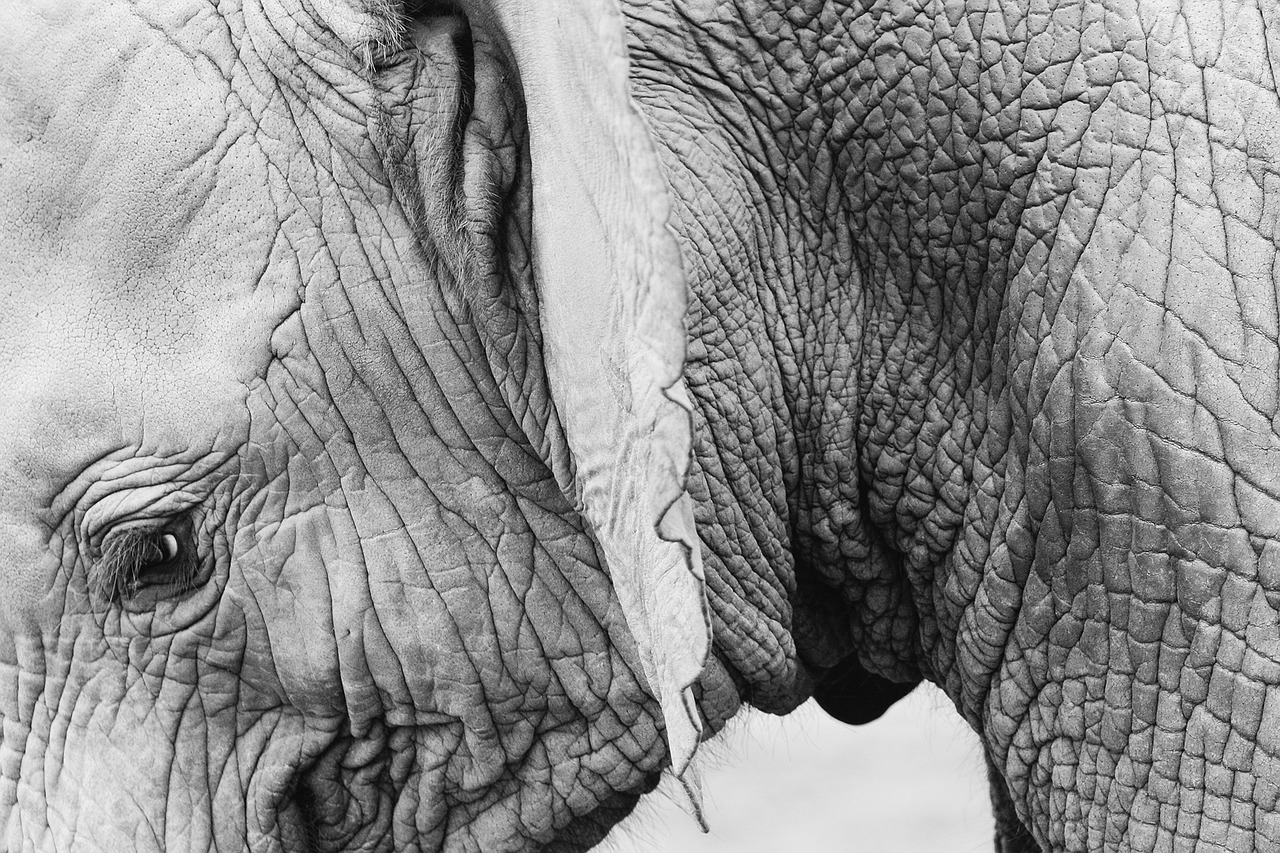
Origins and History of the Festival
Exploring the cultural significance, history, and traditions surrounding the unique and revered Festival of the White Elephant in Thailand, a celebration that showcases the country's rich heritage and spiritual beliefs.
Delving into the ancient origins and historical background of Thailand's Festival of the White Elephant, tracing its roots back to royal ceremonies and religious practices, unveils a tapestry of tradition and symbolism. The festival's history dates back centuries, intertwining with the country's royal lineage and spiritual beliefs. It originated as a symbol of power and prosperity, with the white elephant being a revered and mystical creature in Thai culture.
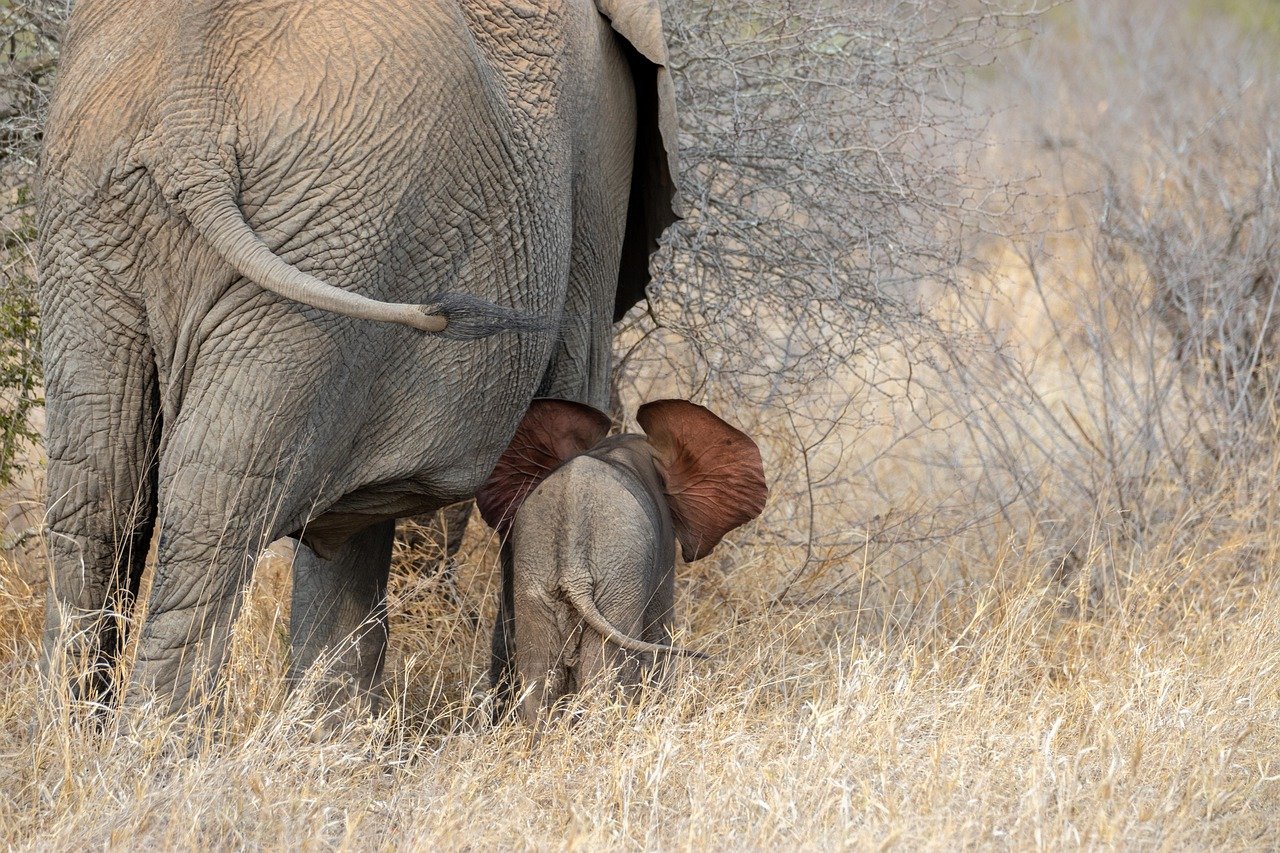
Symbolism and Meaning
When delving into the Festival of the White Elephant in Thailand, one cannot overlook the profound symbolism and rich cultural meaning attached to this revered animal. In Thai tradition, the white elephant symbolizes more than just a majestic creature; it embodies concepts of prosperity, good fortune, and royal power. The rarity of a white elephant further elevates its significance, as it is considered a sacred and auspicious symbol in Thai culture.
Throughout history, the white elephant has been intricately woven into the fabric of Thai society, with its presence in royal ceremonies and religious practices dating back centuries. Its association with royalty and divine power has solidified its place as a symbol of prestige and reverence. The white elephant's portrayal in art, literature, and folklore further emphasizes its symbolic importance in Thai culture.
During the Festival of the White Elephant, the rituals and ceremonies surrounding this majestic animal serve to honor its symbolic value and pay homage to the traditions passed down through generations. Elaborate dance performances and sacred offerings are made in tribute to the white elephant, highlighting the deep-rooted cultural significance it holds within Thai society.
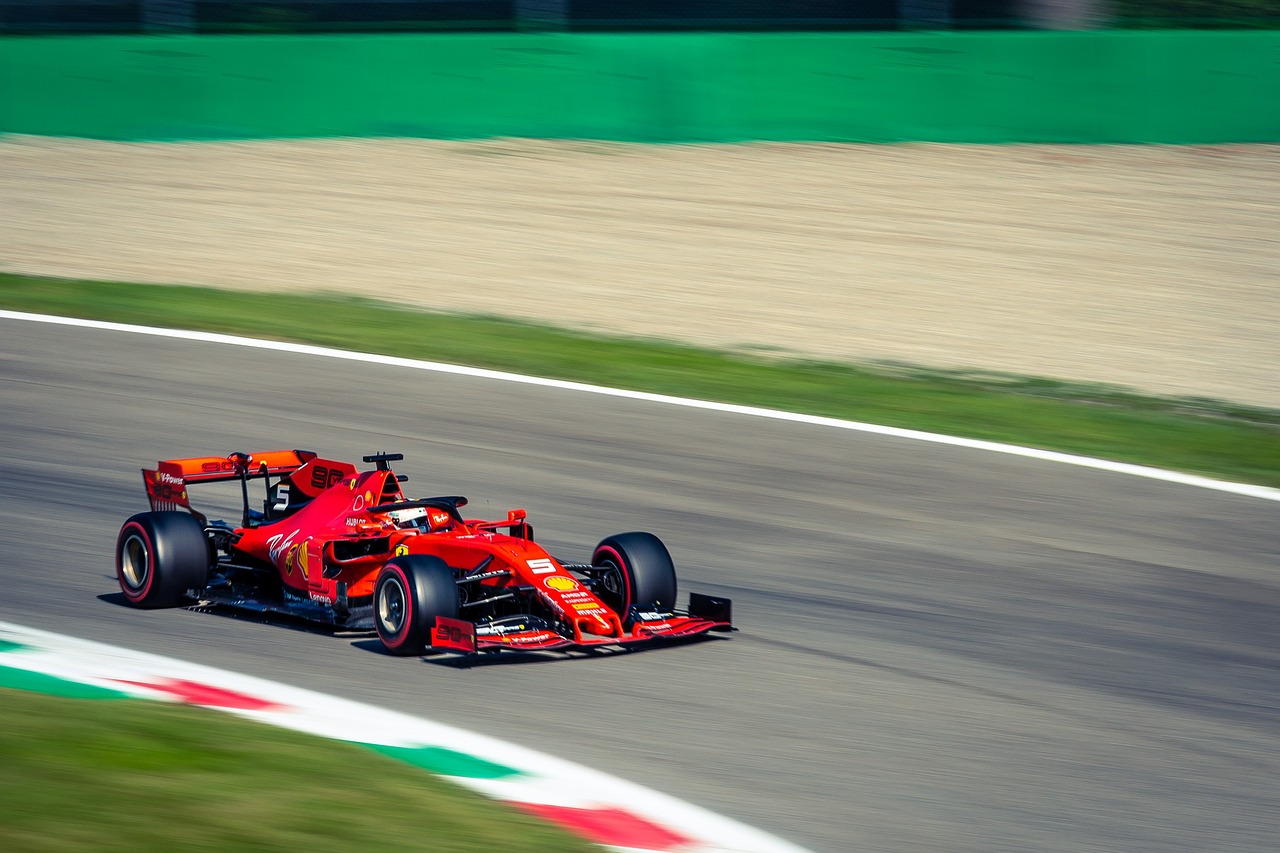
Ceremonies and Rituals
Exploring the cultural significance, history, and traditions surrounding the unique and revered Festival of the White Elephant in Thailand, a celebration that showcases the country's rich heritage and spiritual beliefs.
Delving into the ancient origins and historical background of Thailand's Festival of the White Elephant, tracing its roots back to royal ceremonies and religious practices.
Uncovering the symbolic significance and deep cultural meaning behind the white elephant in Thai tradition, representing prosperity, good fortune, and royal power.
During the Festival of the White Elephant, elaborate ceremonies and intricate rituals unfold, mesmerizing participants and spectators alike. The festivities kick off with a grand procession, where adorned elephants parade through the streets, symbolizing grace and majesty. Dancers clad in vibrant costumes perform traditional routines, their movements echoing ancient tales and legends. Sacred offerings are meticulously prepared and presented to honor the spiritual essence of the white elephant, with incense wafting through the air, creating an aura of mystique and reverence.
Discussing the revered status of the white elephant in Thai culture, its association with royalty, and its portrayal in art, literature, and folklore.
Exploring how the Festival of the White Elephant is celebrated in contemporary Thailand, blending ancient customs with modern festivities and attracting tourists from around the world.
Analyzing the economic and touristic implications of Thailand's Festival of the White Elephant, considering its role in promoting cultural tourism and boosting local businesses.
Examining the challenges and controversies surrounding the preservation of the Festival of the White Elephant in the face of modernization and changing societal norms.
Looking ahead at the future prospects of Thailand's Festival of the White Elephant and the ongoing efforts to preserve this cultural heritage for generations to come.

Role of the White Elephant in Thai Culture
In Thai culture, the white elephant holds a revered and symbolic role, deeply intertwined with the country's history and traditions. Known as a symbol of prosperity, good fortune, and royal power, the white elephant is regarded as a sacred animal with divine connections. Its significance dates back centuries, where it was associated with royalty and seen as a majestic creature embodying strength and grace.
Throughout Thai history, white elephants were considered auspicious and a symbol of royal authority. They were often presented as gifts to monarchs, symbolizing their divine right to rule. The possession of a white elephant was a prestigious status symbol, signifying the ruler's favor with the gods and bringing blessings to the kingdom.
Not only limited to its symbolic importance, the white elephant's role extends to various aspects of Thai culture, including art, literature, and folklore. Depicted in traditional paintings, sculptures, and tales, the white elephant remains a prominent figure in Thai artistic expressions, showcasing its significance and cultural relevance.
Furthermore, the white elephant is featured in various ceremonies and rituals, where its presence is believed to bring blessings and prosperity. From royal processions to temple offerings, the white elephant continues to play a vital role in preserving Thailand's cultural heritage and spiritual beliefs.
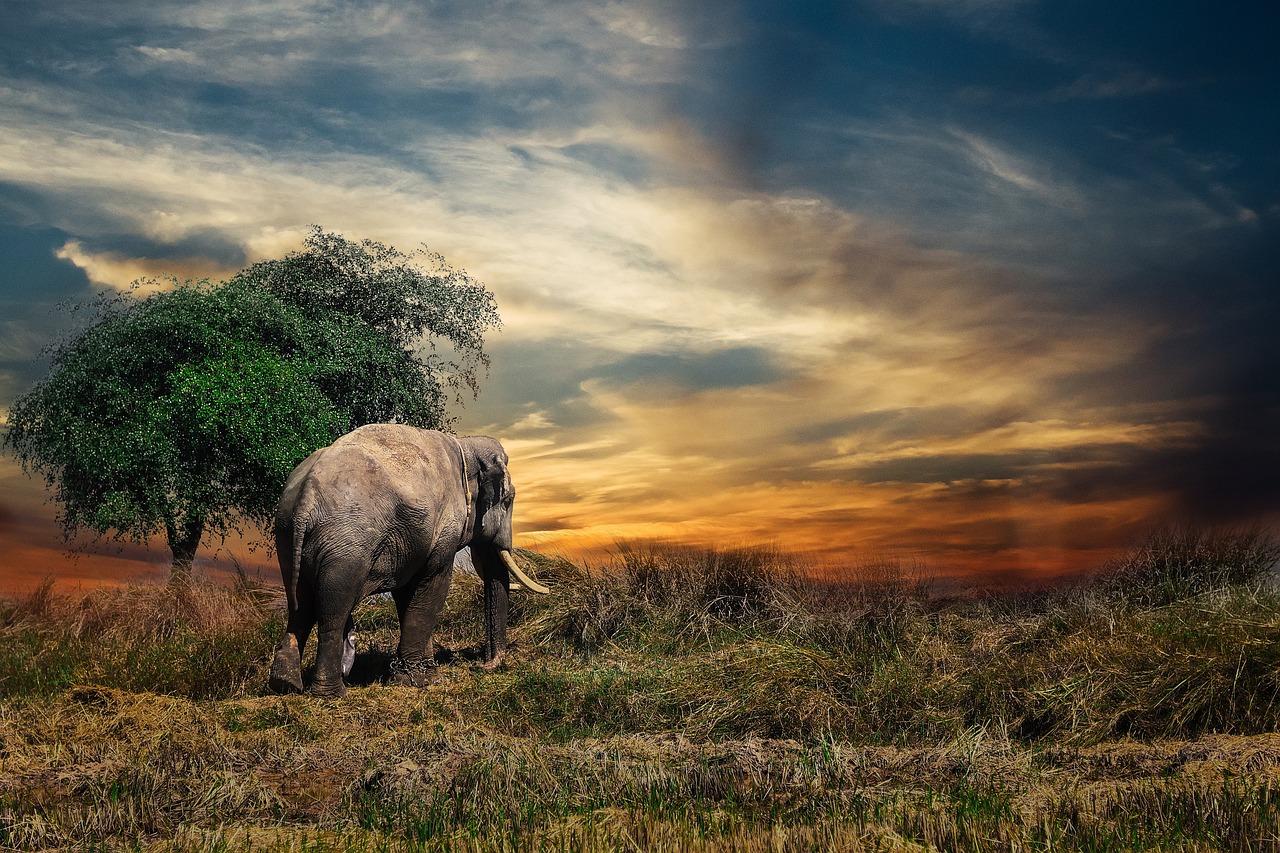
Modern-Day Celebrations
Modern-day celebrations of the Festival of the White Elephant in Thailand have evolved into a vibrant blend of tradition and modernity, attracting both locals and tourists alike. The festivities typically kick off with a grand procession featuring elaborately decorated floats, traditional music, and dancers in colorful costumes parading through the streets. This spectacle sets the stage for a series of cultural performances, art exhibitions, and culinary delights that showcase the best of Thai heritage.
One of the highlights of the modern celebrations is the reenactment of ancient rituals associated with the white elephant, symbolizing prosperity and good fortune. Visitors can witness traditional ceremonies where offerings are made to honor the majestic animal, believed to bring blessings to the community. Additionally, contemporary twists such as light and sound shows, fireworks displays, and interactive workshops add a dynamic touch to the festivities, appealing to a diverse audience.
Local markets bustling with vendors selling handicrafts, souvenirs, and street food create a lively atmosphere during the festival. Visitors can immerse themselves in the rich tapestry of Thai culture by sampling authentic dishes, participating in craft workshops, or watching skilled artisans demonstrate traditional crafts such as silk weaving and pottery making.
The Festival of the White Elephant has also become a platform for promoting environmental awareness and sustainability practices. Initiatives such as eco-friendly decorations, waste management programs, and educational workshops on conservation highlight the importance of preserving Thailand's natural beauty and wildlife for future generations.
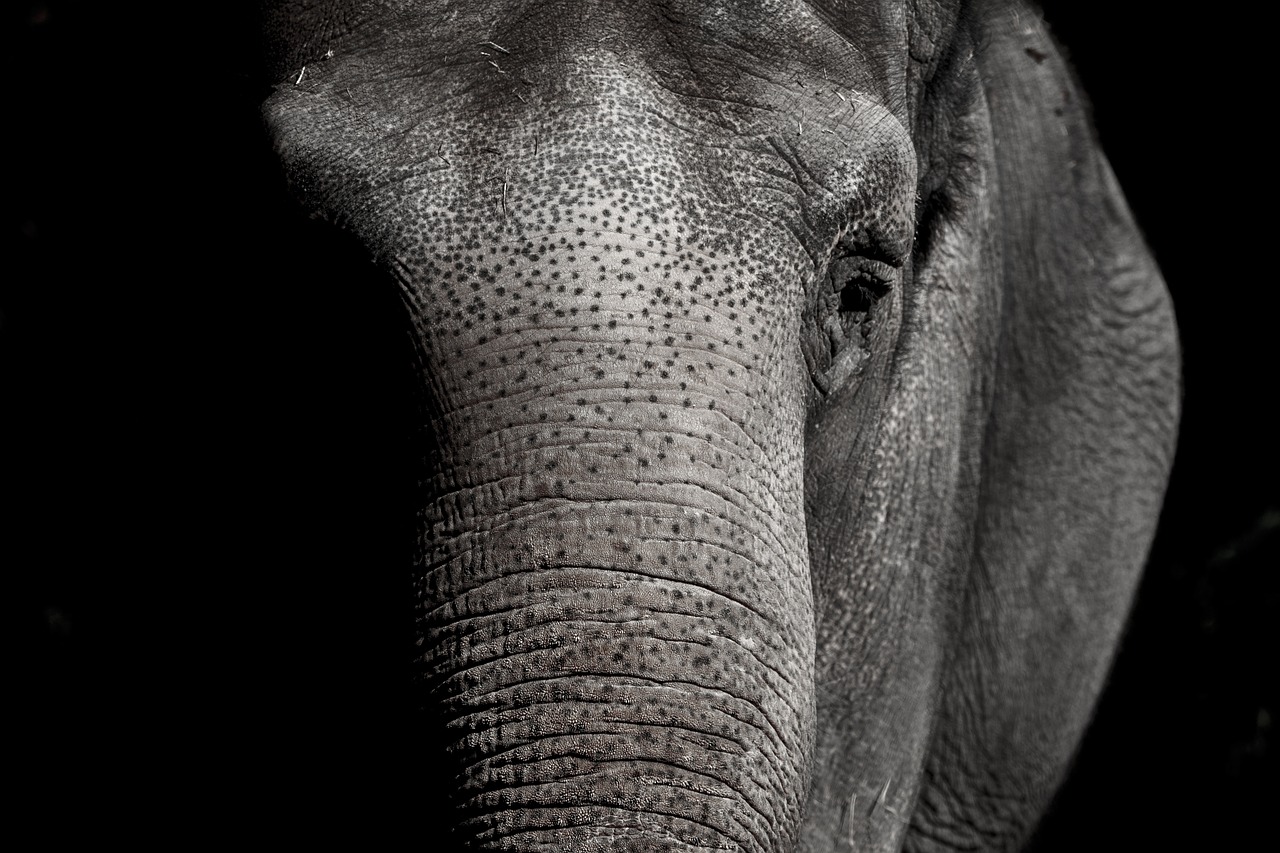
Impact on Tourism and Economy
Thailand's Festival of the White Elephant has a profound impact on both tourism and the economy of the country. This unique celebration, steeped in tradition and cultural significance, attracts a large number of domestic and international tourists, contributing significantly to the tourism sector. The festival serves as a magnet for visitors intrigued by Thailand's rich heritage and spiritual beliefs, boosting the country's cultural tourism industry.
Moreover, the Festival of the White Elephant plays a vital role in stimulating the local economy, particularly in the regions where the event is held. The increased influx of tourists during the festival period leads to a surge in demand for various goods and services, benefiting local businesses such as hotels, restaurants, souvenir shops, and transportation providers. This economic boost provides a livelihood for many individuals and fosters economic growth in the surrounding areas.
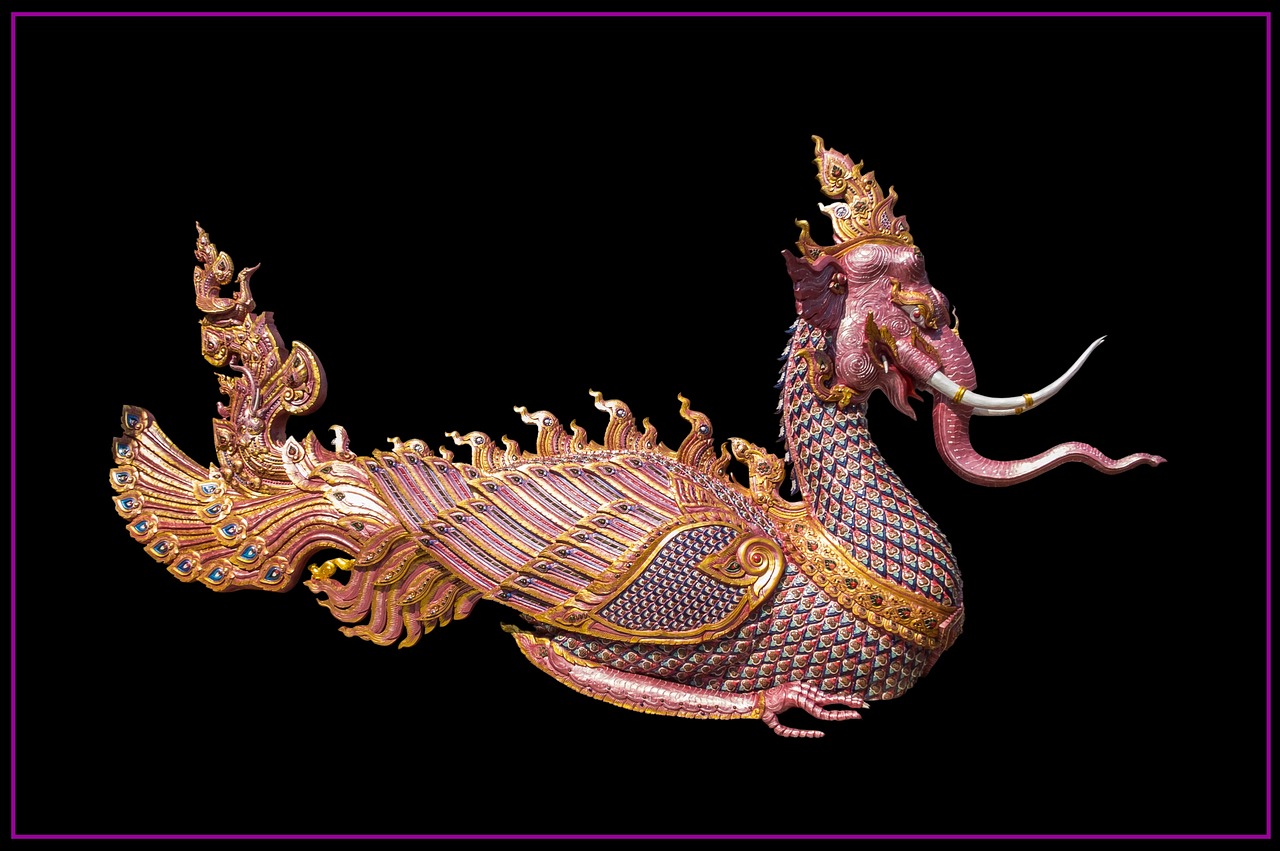
Challenges and Controversies
Challenges and Controversies surrounding Thailand's Festival of the White Elephant are as diverse as they are intriguing. One of the primary challenges faced by this ancient tradition is the delicate balance between preserving its authenticity and adapting to the demands of a modern world. As Thailand undergoes rapid development and societal changes, there is a growing concern about maintaining the purity of the festival's rituals and ceremonies.
Furthermore, controversies have arisen regarding the commercialization of the Festival of the White Elephant. Some critics argue that the increasing focus on tourism and economic gains has diluted the spiritual essence of the event. Balancing the need to attract visitors with the need to uphold cultural integrity poses a significant challenge for organizers and participants alike.
Another contentious issue revolves around the treatment of the white elephants themselves. While these majestic creatures hold a revered status in Thai culture, concerns have been raised about their welfare and conservation. Ensuring the well-being of the elephants involved in the festival while upholding traditional practices is a complex dilemma that requires careful consideration.
Moreover, the Festival of the White Elephant has not been immune to political controversies. At times, the event has been used as a tool for political agendas, leading to debates about its authenticity and significance in the broader socio-political landscape of Thailand. Navigating these complex dynamics while preserving the festival's cultural essence presents a formidable challenge for all stakeholders involved.
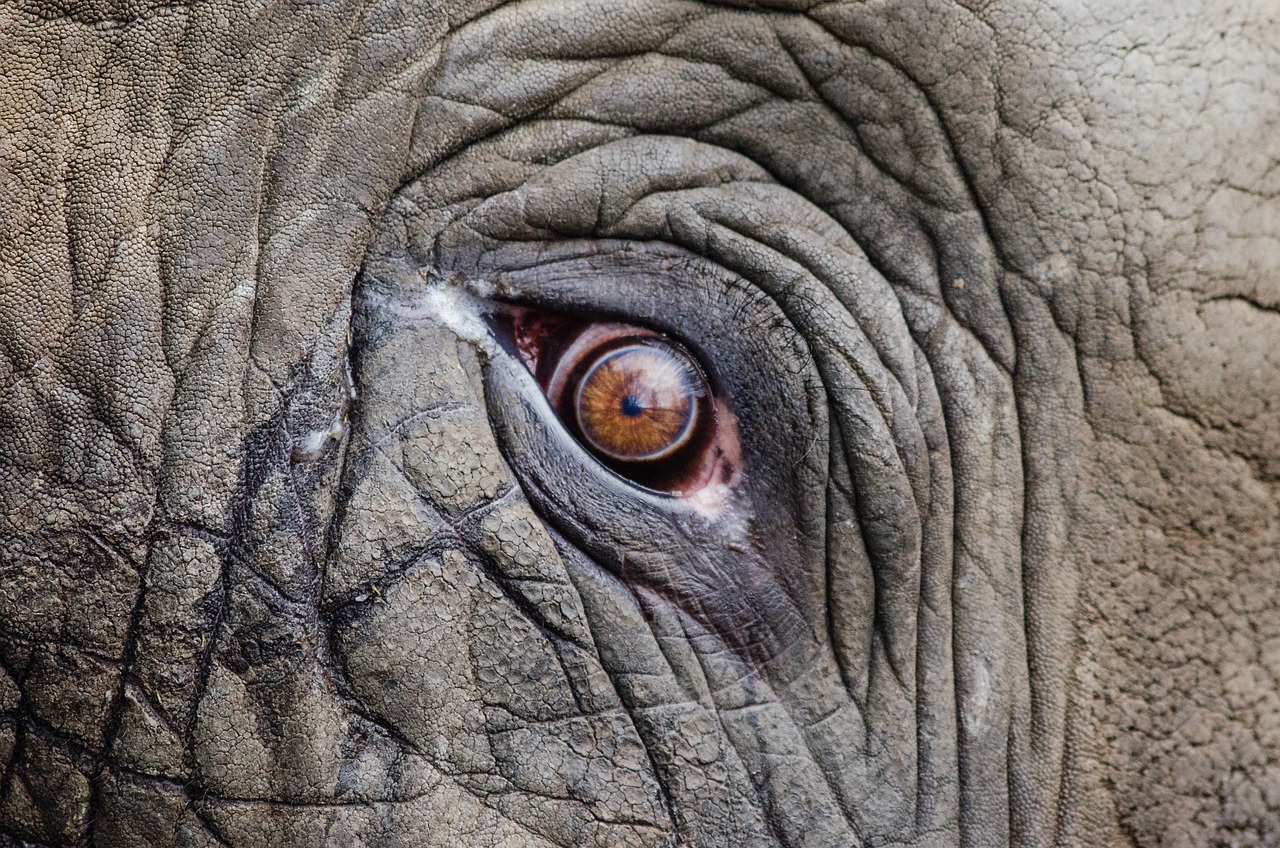
Future Prospects and Preservation Efforts
Looking towards the future, Thailand's Festival of the White Elephant holds both challenges and opportunities for preservation efforts. As modernization continues to shape society, there is a growing need to safeguard this cultural heritage for future generations. Efforts are underway to document and conserve the traditions associated with the festival, ensuring that its significance is not lost in the fast-paced world of today.
Preservation initiatives focus on educating the younger generation about the importance of the white elephant in Thai culture, emphasizing the values of tradition and history. By incorporating elements of the festival into educational programs and public awareness campaigns, there is hope that the legacy of the Festival of the White Elephant will endure for years to come.
Furthermore, collaborations between government agencies, cultural organizations, and local communities play a vital role in the preservation of this revered festival. By working together to protect and promote the traditions surrounding the white elephant, stakeholders can ensure that the festival remains a vibrant part of Thailand's cultural tapestry.
Frequently Asked Questions
- What is the significance of the White Elephant in Thai culture?
The White Elephant holds great importance in Thai culture symbolizing prosperity, good fortune, and royal power. It is a revered symbol deeply rooted in the country's heritage and spiritual beliefs.
- How did the Festival of the White Elephant originate?
The Festival of the White Elephant traces its origins back to ancient royal ceremonies and religious practices in Thailand. It has evolved over time to become a significant cultural celebration showcasing the country's rich traditions.
- What kind of ceremonies and rituals are part of the Festival of the White Elephant?
The festival features elaborate ceremonies and intricate rituals including dance performances and sacred offerings. These rituals are conducted with great reverence and are a highlight of the festival's celebrations.
- How is the White Elephant celebrated in modern-day Thailand?
In contemporary Thailand, the Festival of the White Elephant blends ancient customs with modern festivities, attracting tourists from around the world. The celebration continues to play a significant role in promoting cultural tourism and preserving Thai heritage.
- What are the challenges faced in preserving the Festival of the White Elephant?
Preserving the festival amidst modernization and changing societal norms poses challenges. Efforts are underway to ensure the continued conservation of this cultural heritage for future generations.



















